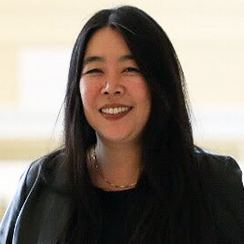Vasu Reddy, Senior Policy Counsel for Economic Justice at the National Partnership for Women & Families, recently briefed Open to All Corporate Partners on the National Partnership’s latest report, entitled “Partnership in Action: A Guide to Building Gender Equity in the Workplace.” The guide serves as an introduction to the policies and benefits companies can implement to help women, especially women of color, return to the workforce.













